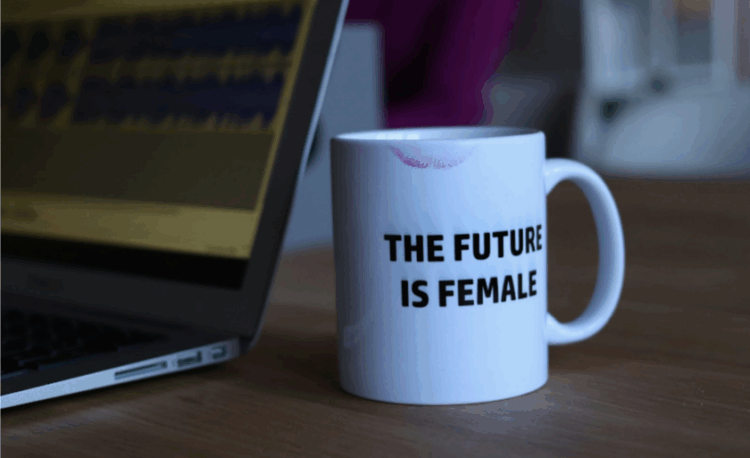Women activists in the Democratic Republic of Congo (DRC) play a crucial role in shaping human rights in the Congo. As healers, advocates, and peacebuilders, they are essential in demanding justice and supporting those who are affected by conflict and violence. Figures like Julienne Lusenge, Adeline Nsimire Balika, Neema Namadamu, Andrée Blouin, and Mama Justine all embody these qualities. These women reveal that personal struggle can fuel systematic change. They prove that activism doesn’t require perfect conditions but only courage and community. They inspire women across the globe to challenge violence by using grassroots and digital media to advocate for their political strategy.
Julienne Lusenge
Julienne Lusenge advocates against sexual violence in the DRC. In 2000, she founded the SOFEPADI, which stands for the Female Solidarity for Integrated Peace and Development. This organization supports survivors of sexual violence in the DRC by providing medical, legal, and psychological assistance. Within her advocacy, she argues on behalf of survivors by going to Congolese and international courts. She founded another organization in 2007 called FFC, which stands for Fund for Congolese Women. She received three awards, which were the International Women of Courage Award (2021), the Aurora Prize for Awakening Humanity (2021), and the Civil Courage Prize (2018). The International Women of Courage Award (2021) was awarded by the U.S. State Department for her activism. The Aurora Prize for Awakening Humanity (2021) was awarded to her for her extraordinary efforts in defending human rights. The Civil Courage Prize (2018) was awarded to her for her work advocating for survivors of sexual violence.
Website: https://www.sofepadirdc.org
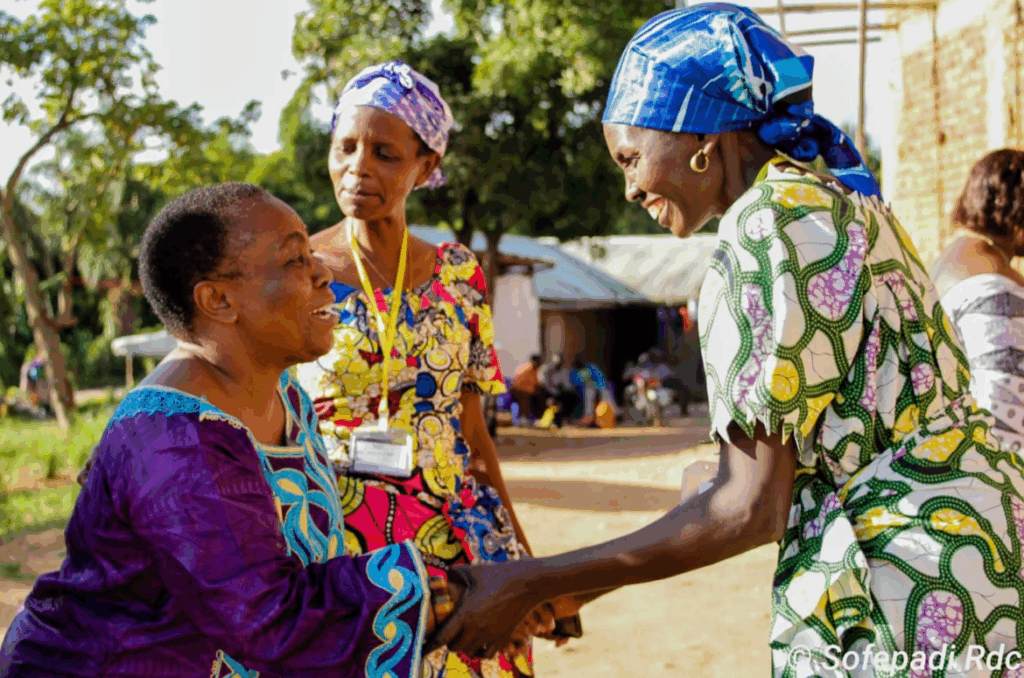
Adeline Nsimire Balika
Adeline Nsimire founded SAMWAKI, Sauti ya Mwanamke Kijijini, in 2000. The organization’s name means “A voice to rural women” in Swahili. This organization empowers and educates women by using community radio programs to teach them topics from health to agriculture. In January 2008, SAMWAKI launched a radio station called Radio Busua FM to uplift the voices of rural women. The station talks about issues regarding gender equality, development issues, and objectives to provide them with a space for women to talk about their experiences with violence.
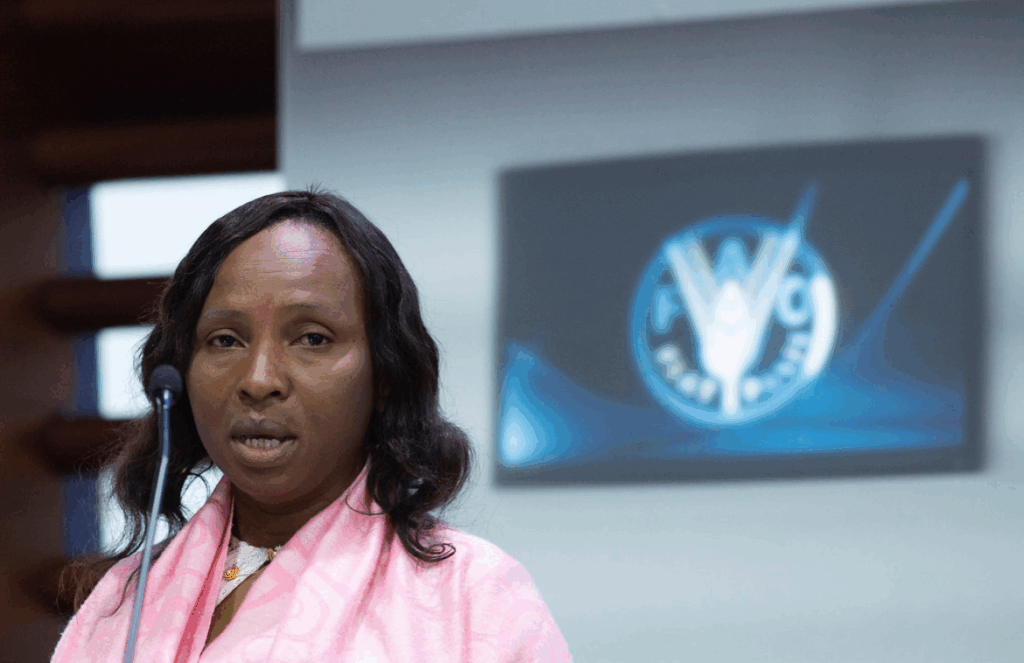
Neema Namadamu
When Neema Namadamu was two, she contracted polio and faced stigma due to her disability. This experience led her to pursue a career as a disability rights activist. As the founder of Maman Shujaa, which translates to Hero Women, she helps empower Congolese women by fostering media training and literacy. She is an advocate for women in the media and peacebuilding. Her grassroots movement gained international attention, and she created a petition that asked the United States to appoint an envoy to help stop violence against the Congolese. She gathered 100,000 signatures. What was once a woman’s local intuition to talk about the struggles in her company became a globally recognized movement.
Website: https://www.herowomenrising.org/our-approach
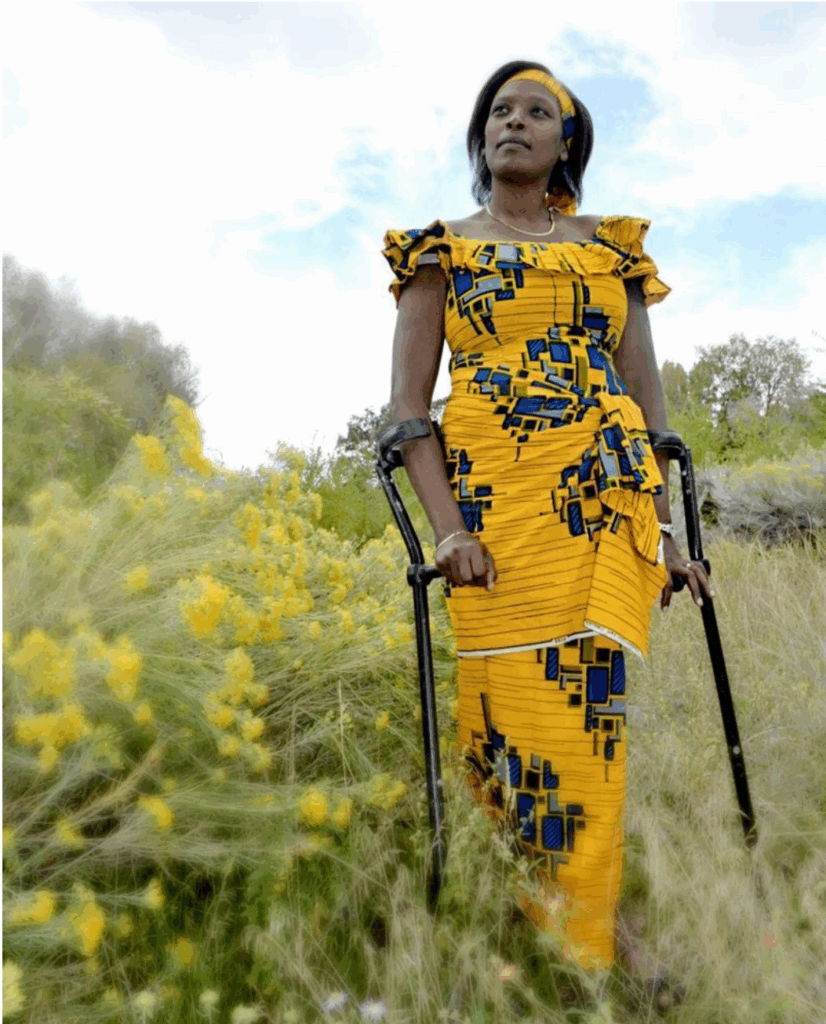
Andrée Blouin
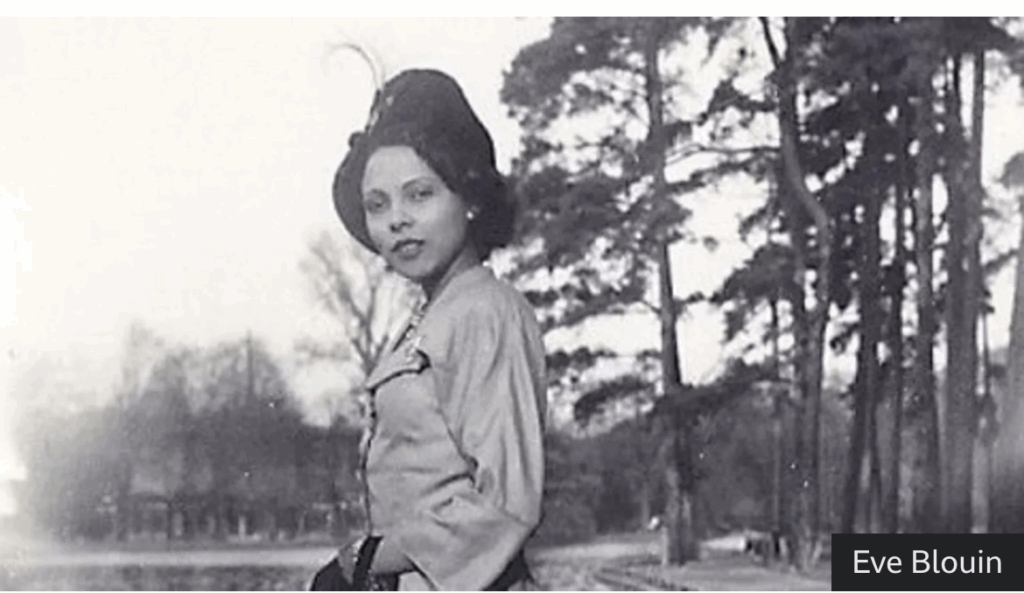
In her early life, Andrée Blouin was born to a French father and a Banziri mother. She was sent to a Catholic orphanage at a young age because of colonial race policies that separated mixed-race children from their African families. She left the orphanage at the age of 17, and her experience marked a pivotal point in her activism as a mixed-race woman in the world. In her adult years, she was a close advisor to Patrice Lumumba, who was the first prime minister of the now-independent Congo. In addition, she published an autobiography in 1983 called “My Country, Africa: Autobiography of the Black Pasionaria ” which talks about colonial oppression and gender inequality.
Blouin helped mobilize women across the continent, building networks of political solidarity. She was part of Pan-African women’s organizations that connected struggles from Congo to Guinea to Ghana, placing African women in the limelight of liberation movements.
Mama Justine
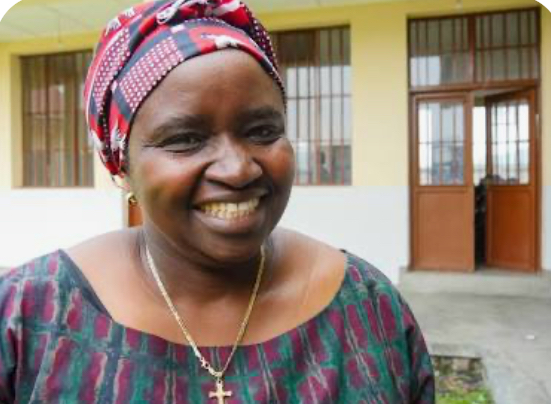
In 2002, Mama Justine co-founded Synergie des Femmes pour les Victimes des Violences Sexuelles (SFVS), which is a network that supports women and girls who are survivors of sexual assault. In 2007, she survived a brutal attack by soldiers in her home; however, even while going through this moment, she still used her activism to advocate for justice. In 2012, Mama Justine called for the arrest of Bosco Ntaganda, a rebel leader of Joseph Kony’s ilk. In 2015 he was on trial in the International Criminal Court (ICC) in The Hague, accused of war crimes on 13 counts which included sex slavery and was found guilty in 2019 for found guilty, beyond reasonable doubt, of 18 counts of war crimes and crimes against humanity, committed in Ituri, DRC, in 2002-2003. In addition to Mama Justine’s legal advocacy, she is a community organizer who worries about helping survivors rebuild their lives and supporting their economic independence.
Website: https://frontlinewomensfund.org/sfvs/
Conclusion:
These five women represent the resilience Congo has. They show what it means to transform the world through activism. They achieved their goals by media, law, healing, and organizing. Their legacies help women around the world rise as political leaders. The future of Africa depends not only on peace and justice but the recognition of its leadership led by women.
Written by Victoria Webb

